BREATHING BUDAPEST
WORK TOGETHER TO FIND COMMON SOLUTIONS TO REDUCE AIR POLLUTION IN YOUR CITY
WORK TOGETHER TO FIND COMMON SOLUTIONS TO REDUCE AIR POLLUTION IN YOUR CITY
The majority of people are exposed to air pollution that damages their health. New data from the World Health Organization shows that almost 99% of the world's population breathes air that exceeds WHO's 2021 guideline limits. In the EU, poor air quality causes around 400,000 premature deaths and up to €940 billion in additional health costs each year. WHO estimates for Europe that air pollution is responsible for 33% of new cases of childhood asthma, 17% of lung cancer cases, 12% of ischaemic heart disease, 11% of strokes and 3% of chronic obstructive pulmonary disease (COPD). Particulate matter (PM) concentrations in Budapest's air are high and exceed the limits set by the European Environment Agency at urban monitoring sites, especially in winter.
The WHO estimates that 8,000 deaths are caused by poor air quality in Hungary every year. Results of the APHEKOM (Improving Knowledge and Communication for Decision Making on Air Pollution and Health in Europe) project shows that "life expectancy in Budapest fell by 19 months between 2004 and 2006, the second highest of the 25 European cities surveyed". Breathing polluted air is particularly dangerous for the most vulnerable members of society, such as children, pregnant women and the elderly, and compromises our body's ability to protect against infections such as COVID-19. Evidence on the adverse effects of air pollution on brain diseases, including dementia and mental health, is emerging steadily, increasing the extent of the damage caused by air pollution.
In the 27 EU Member States, 97% of the urban population is exposed to air pollution from particulate matter above the WHO guideline level, with 94% exposed to nitrogen dioxide and 99% of people at risk from dangerous levels of ozone. Air pollution is largely preventable and EU policies are vital to clean up the air. In areas with poor air quality, citizens are paying with their health but often do not know the extent of the consequences or what they can do about it. According to the latest Eurobarometer survey in 2019, 54% of EU citizens do not consider themselves well informed about the problems caused by air pollution.
Air pollution is a far-reaching, cross-border problem. That is why the solutions to tackle the problem and achieve healthy air must be equally comprehensive, and can only be successful if this process involves European citizens. Crowdsourcing is the use of community resources to achieve different goals. In this process, people (the 'crowd') individually contribute only a small part of the overall task, in order to find the final solution. A specific version of crowdsourcing is the community brainstorming session, where more comprehensive, innovative solutions, often with different aspects from the mainstream solutions, can be proposed and discussed by the community, and the best ideas can be chosen together. Online crowdsourcing is a way of doing this via the internet, where people who are not personally known to each other can think and brainstorm together.
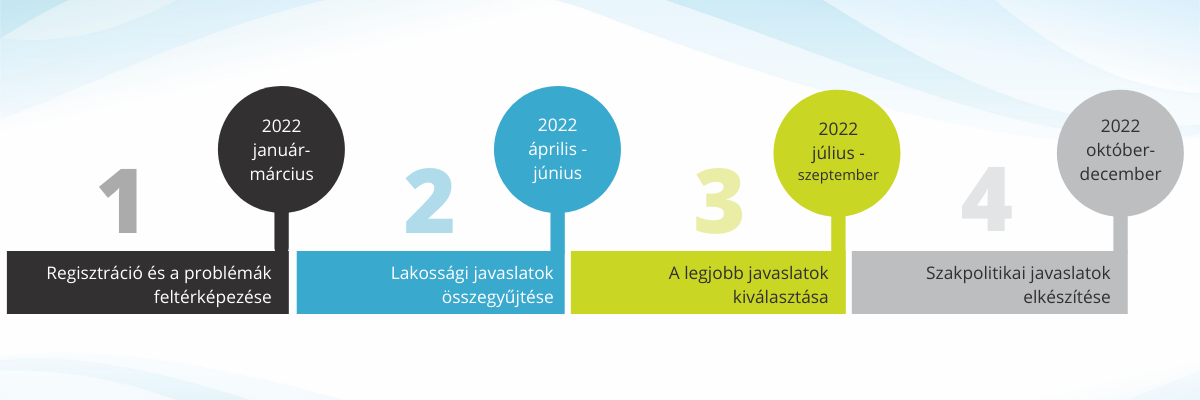
Don't miss the opportunity to make your voice heard in the first ever transnational crowdsourcing on air quality. Together with citizens from 10 different European cities, you can participate in developing the best proposals for effective action against air pollution.
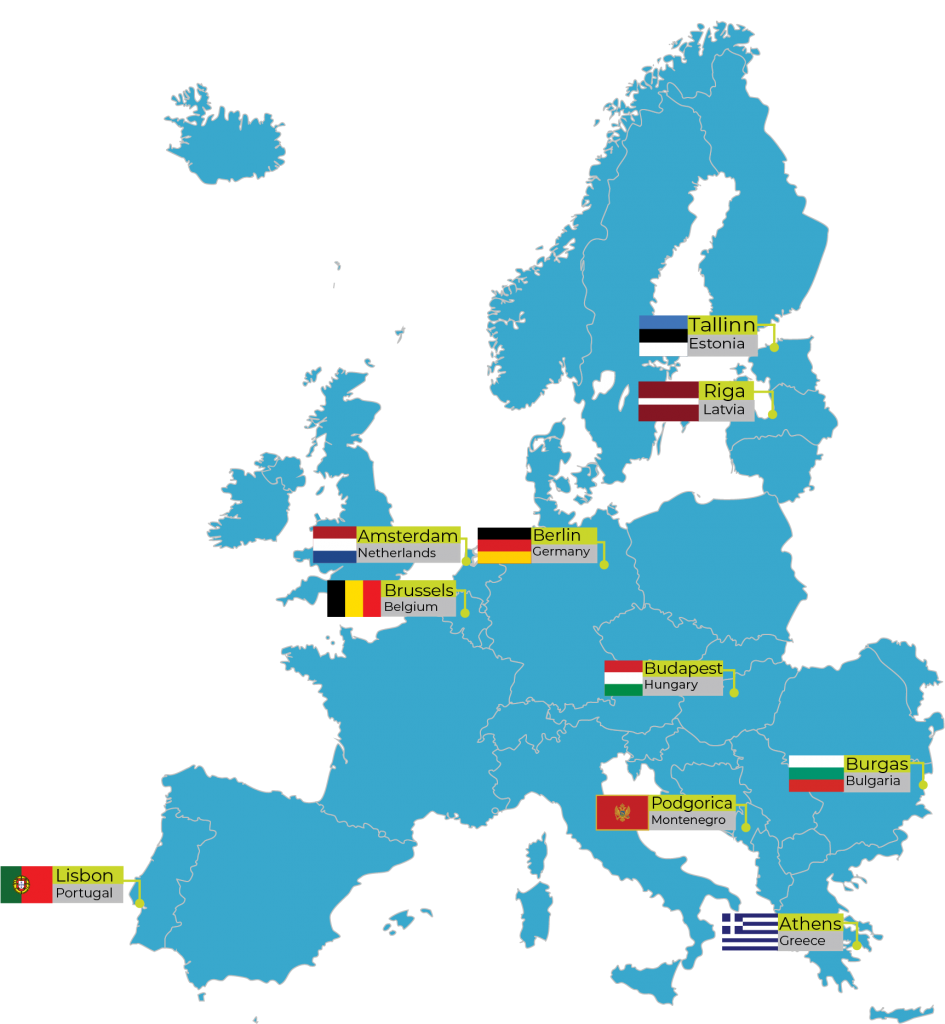
HOW MANY PEOPLE HAVE SPOKEN OUT SO FAR:
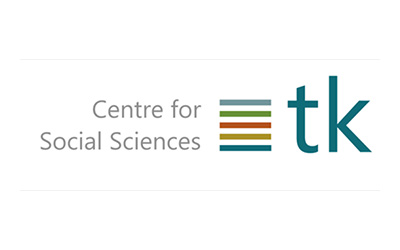
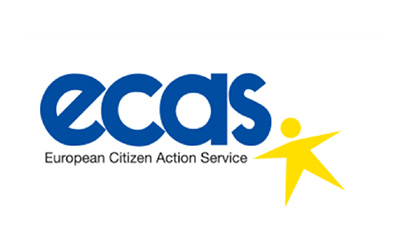

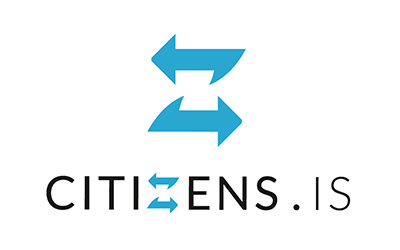
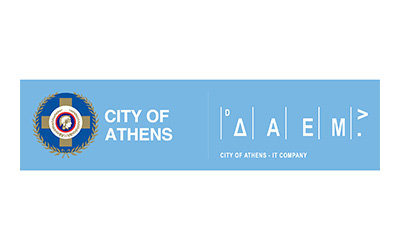


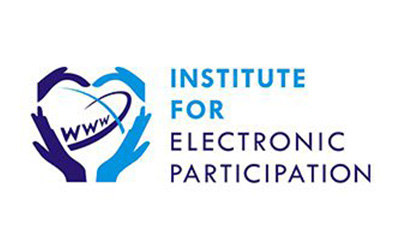
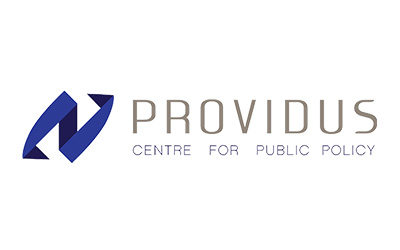


Sign up for the project newsletter to be informed about new events and results.
The project is supported by the EEA and Norwegian Regional Cooperation Fund.
© 2022 Centre for Social Sciences
Design by SB
